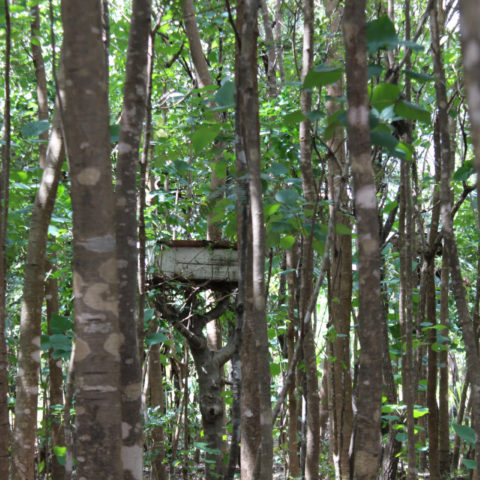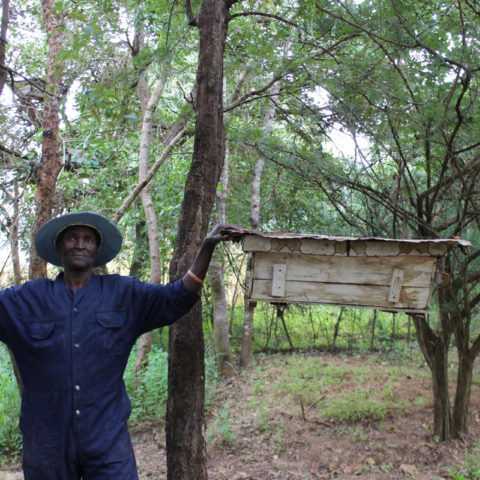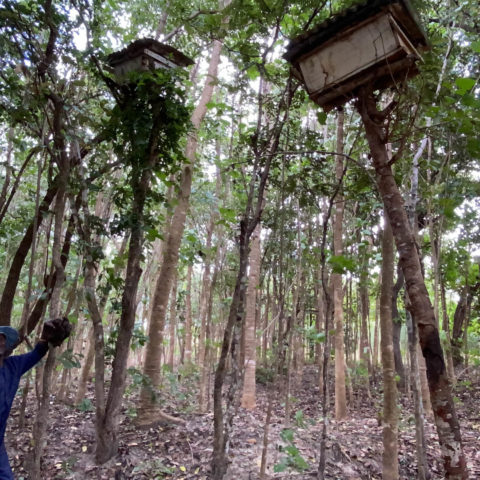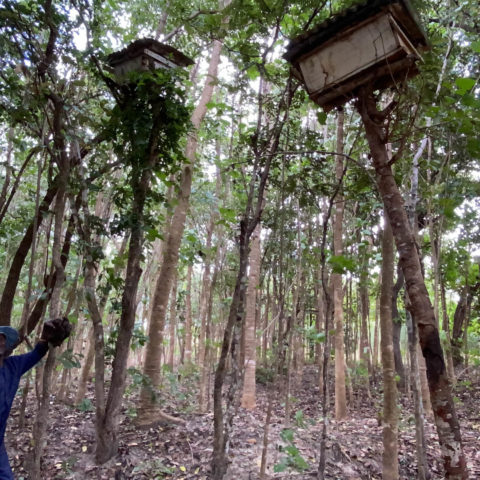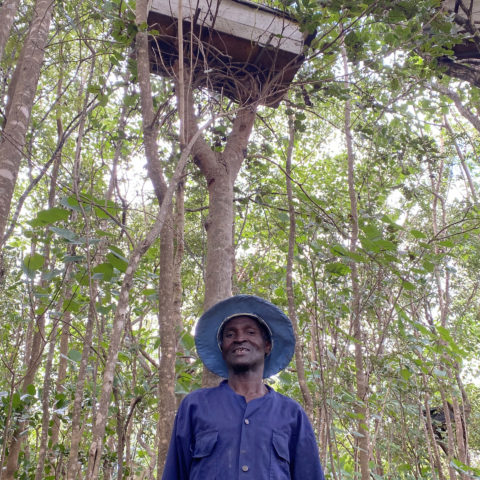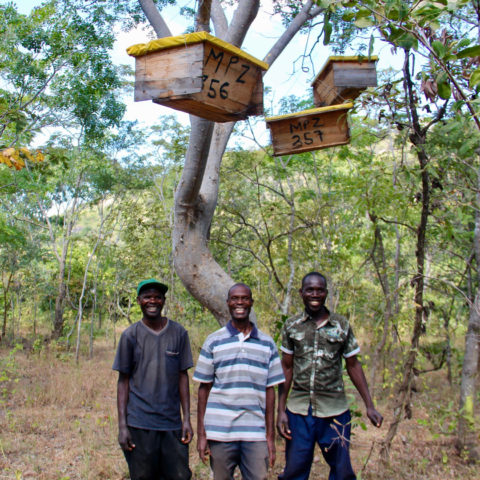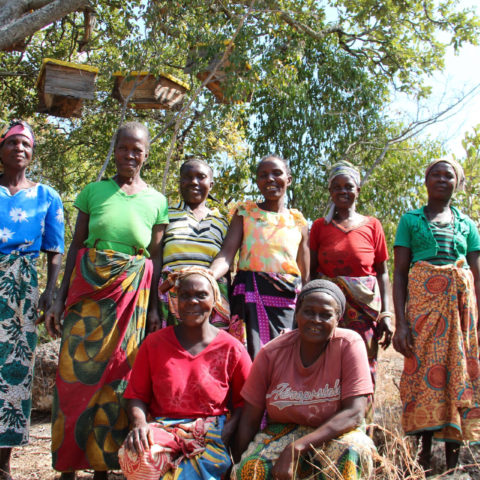Beekeeping
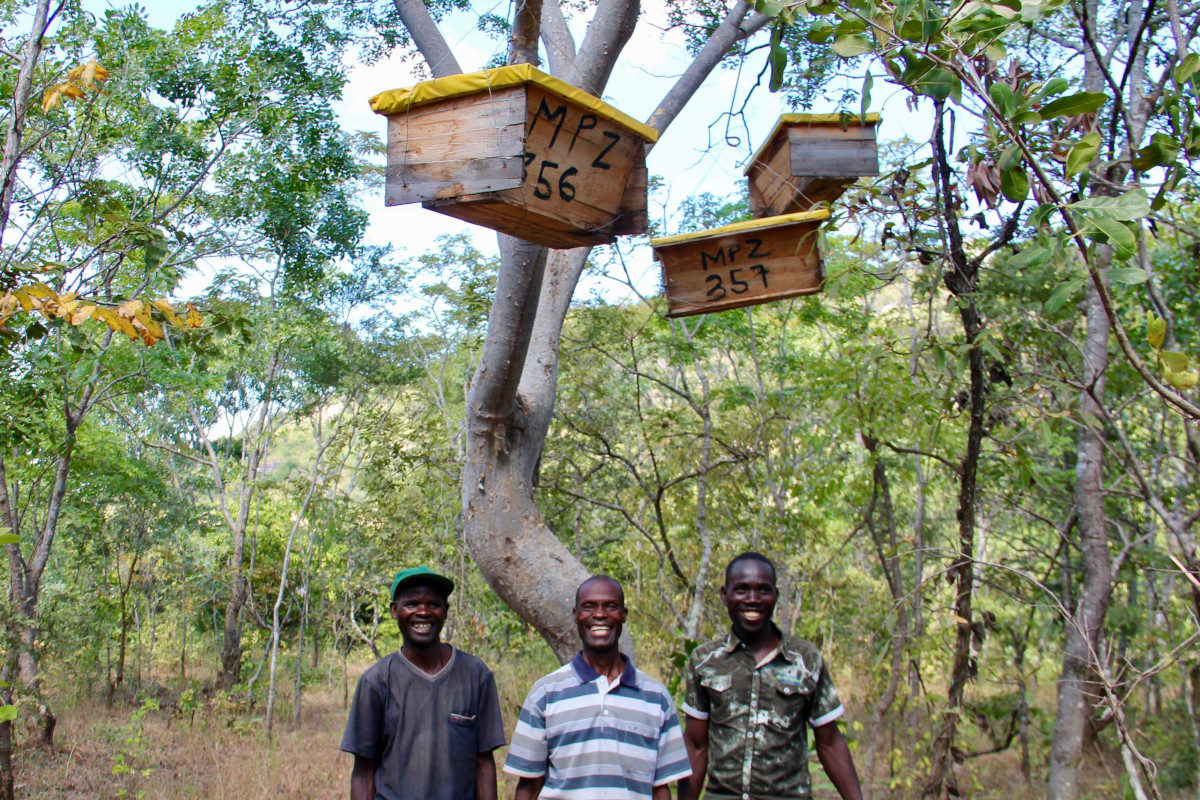
We work with over 7,000 farmers in the Luangwa Valley in beekeeping, this not only protects the landscapes and forests, but is also used as a way to improve household nutrition and income. Since the beekeeping project began, we have helped distribute 39,085 hives to communities. 44% of these hives are occupied with honey production potential of over 200 tons per annum. Through beekeeping, communities now understand the relationship between trees and beekeeping as a source of sustainable household income. Farmers are trained in assembling beehives, baiting, and harvesting pure organic honey from natural forests. Forests are being preserved and protected as they act as areas where hives are hanged. Our target is to distribute over 70,000 hives in the next 3 years targeting close to 20,000 farmers.
COMACO Causes
Energy
In partnership with CQuest, COMACO has distributed 97,463 fuel-efficient cookstoves that are monitored annually for their use and maintenance.
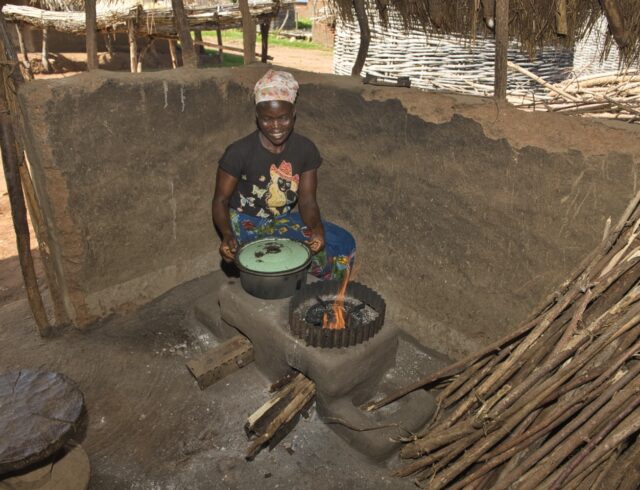
Women’s Empowerment
52% of COMACO farmers and half of all cooperative leaders are women, figures that would have been unimaginable twenty years ago.
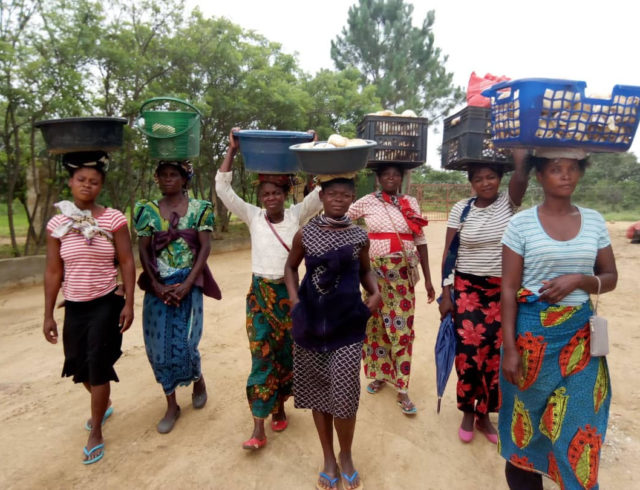
Manufacturing as a Tool for Conservation
We supply over 8,000 tons of nutritious food products to Zambia’s cities and towns annually under the brand It’s Wild!.
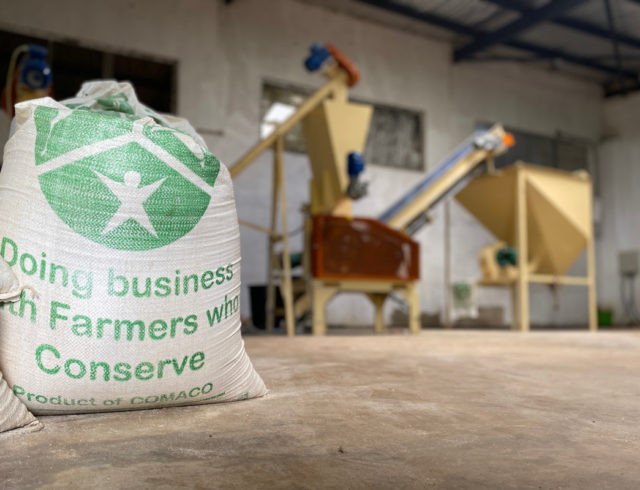
Carbon Project
We worked with local chiefs to establish Community Conservation Areas designed to safeguard Zambia’s forests and the wildlife within them.
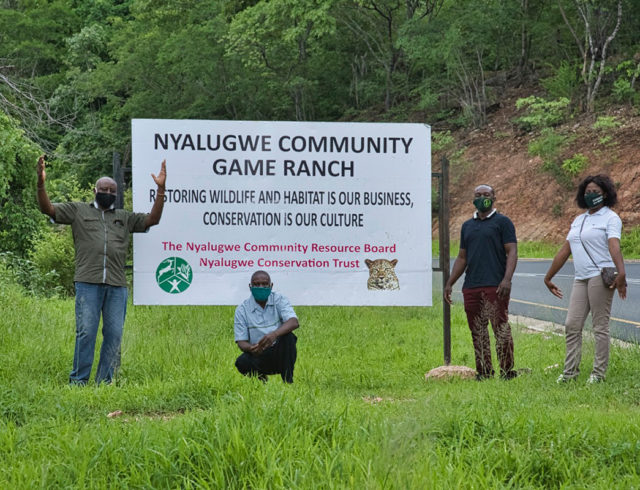
Cooperatives
We helped establish 103 community-run cooperatives in 84 chiefdoms across Eastern, Central and Muchinga Provinces of Zambia.
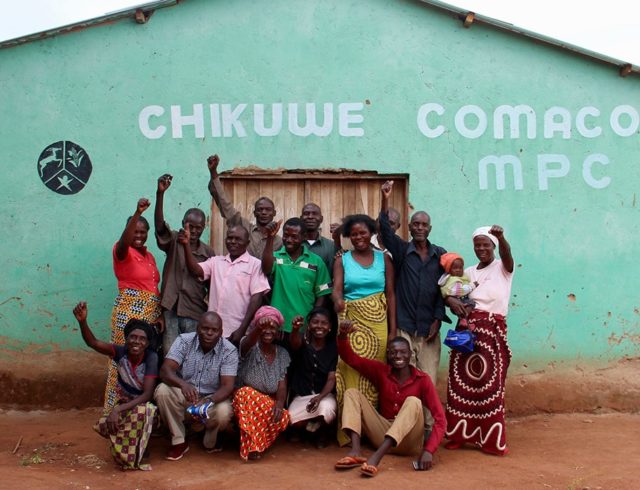
Transformed Poachers
COMACO started operating in Luangwa Valley with a mission to help wildlife poachers learn new skills to fulfil their livelihoods and protect wildlife.
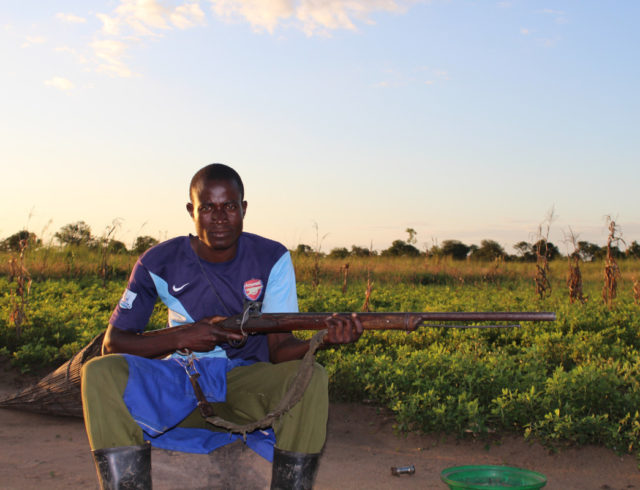
Agroforestry
In the 2020/2021 season, we partnered with 72,000 farmers in Eastern and Muchinga provinces to plant over 46 million Gliricidia Sepium trees.
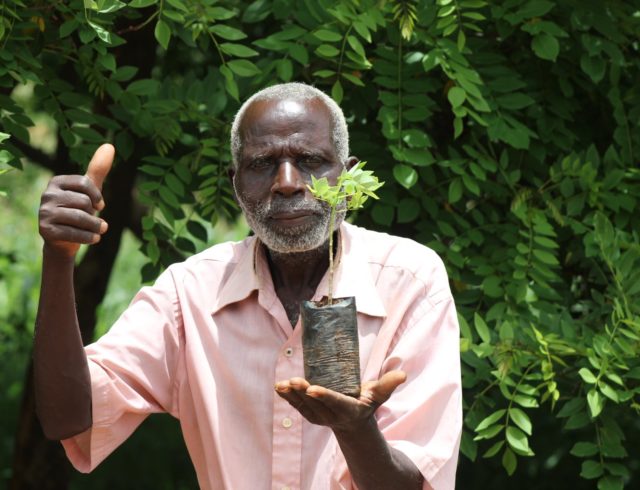
Beekeeping
We work with over 7,000 farmers in the Luangwa Valley not only to protect landscapes and forests, but also to improve household nutrition and income.
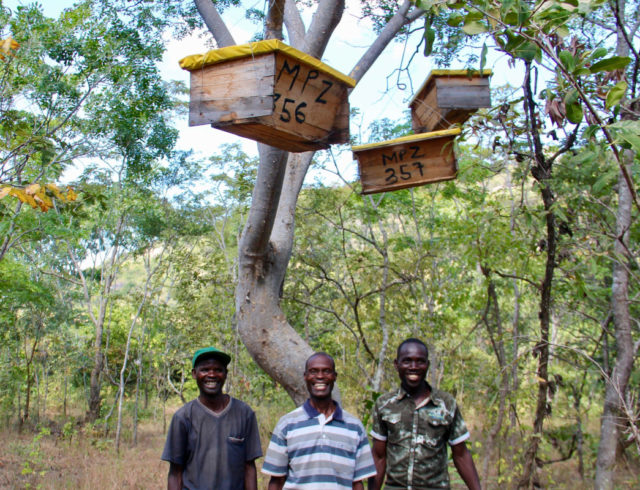
7223 Kachidza Road | Light Industrial Area | Lusaka, Zambia
Phone: Sales +260971583282
Email: social@itswild.org
